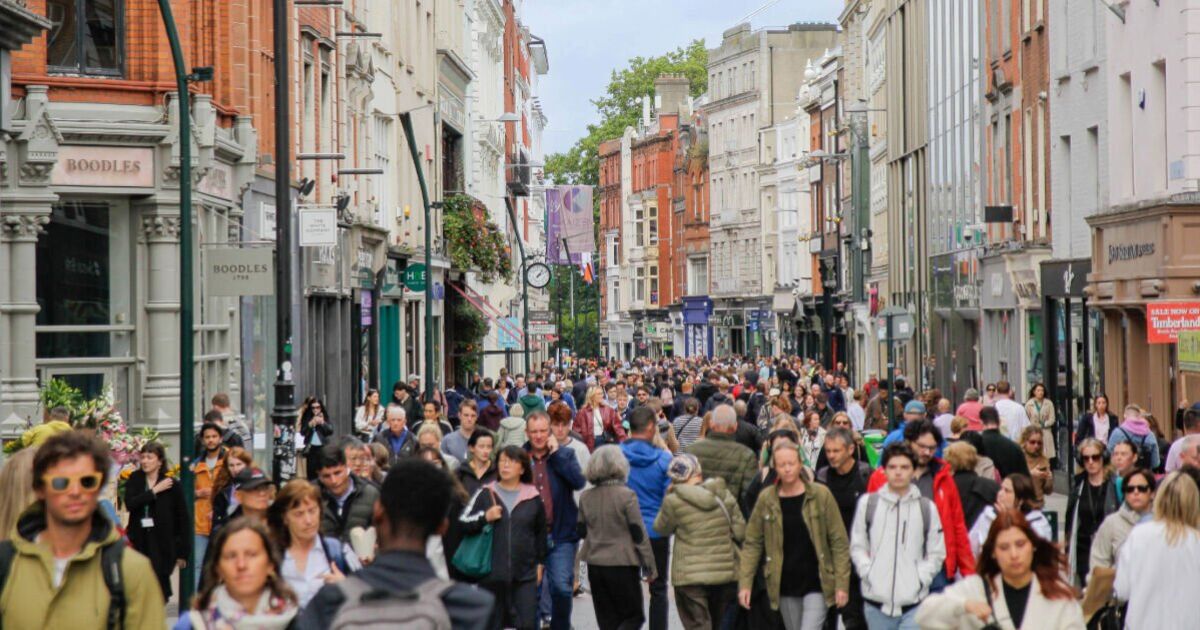Ireland has been named as one of Europe’s worst places to live in, particularly for young people attempting to rent a property.
Rent prices in Dublin have spiralled out of control due to a combination of tourism and internal migration from Ireland’s smaller villages and towns to its capital city for employment prospects and a better standard of living.
This comes with the harrowing statistic that 72.88 percent of income is spent on rent, the highest of any country in the European Union. Only Portugal even comes close to the extraordinary rental index of Ireland, which causes a lot of panic for local residents. On the other end of the spectrum, Latvia’s capital city Riga has a rental index of just 26.7 percent – meaning the average person spends around a quarter of their salary on rent.
Ireland also scores poorly for crime, coming in at the fourth most dangerous country in the EU. It is only behind France, Belgium and Sweden for crime, which all struggle with organised crime networks in large cities.
Ireland’s unemployment rate, at 4.3 percent, is far better than some EU countries, particularly those located in the Balkans, but is still poor in comparison to its western European peers. Germany, for example, has an unemployment rate of 3.38 percent, despite its lower education rates than Ireland.
However, Ireland does score positively in some aspects. The country places first for education, with 62.7 percent of young adults completing a bachelor’s diploma, higher than any other nation in the EU, showing signs that young people are prepared for the future and that further education is accessible to the masses.
Ireland also scores moderately well on the happiness index, coming in slightly higher than the EU average. Despite this, it does not follow the trend of higher education and salaries leading to higher happiness due to the limited purchasing power and sky-high rental prices in the capital city, but limited opportunities outside of it.
An example of Ireland’s poor purchasing power is its Big Macs per salary, a common socio-economic indicator used to show how far an average salary goes towards basic necessities such as food. Ireland comes in at 433 Big Macs, significantly lower than the Netherlands’ 533 and even Romania’s 512.

